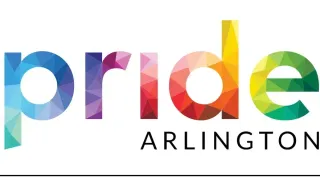July 10, 2019
Catholic School to Help Fired Gay Teacher Find New Job
READ TIME: 1 MIN.
An attorney says a Catholic high school teacher fired for being in a same-sex marriage has reached a settlement in which the Indianapolis school will help the teacher with future employment options.
Attorney Kathleen DeLaney announced the settlement with Cathedral High School in a news release Tuesday. In it, the teacher thanks Cathedral for the opportunities and experiences that he has had teaching there and does not wish the school any harm. Cathedral thanks the teacher for the years of service, contributions, and achievements.
It wasn't immediately clear whether a monetary settlement was included.
Indianapolis Archbishop Charles Thompson forced Cathedral to fire the teacher last month days after Brebeuf Jesuit High School defied a similar order. Neither teacher has been identified.






